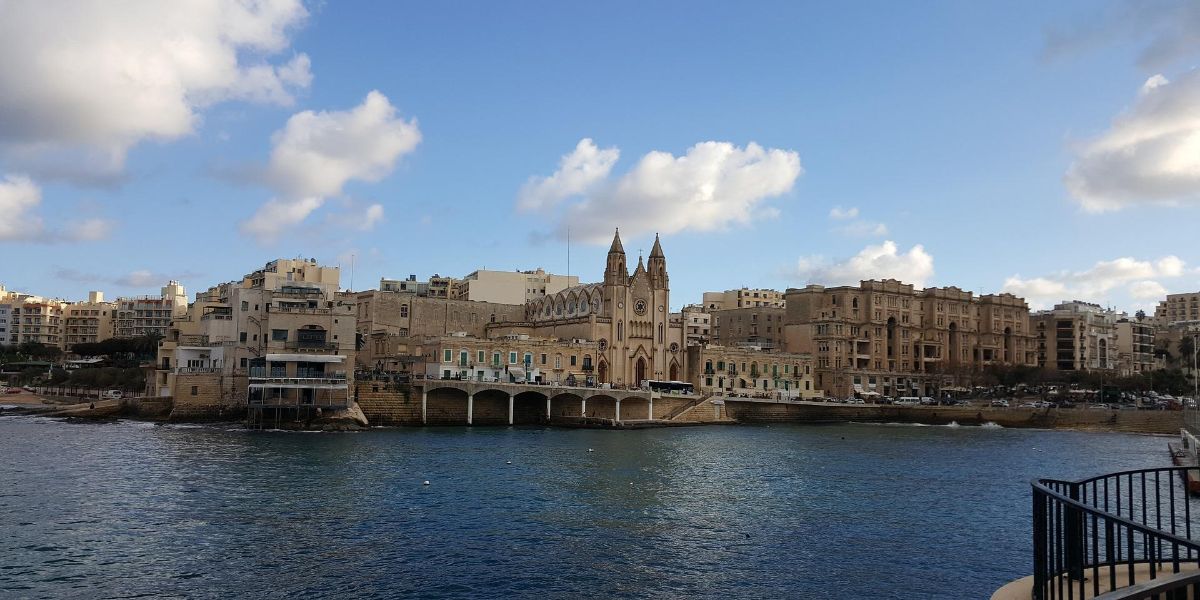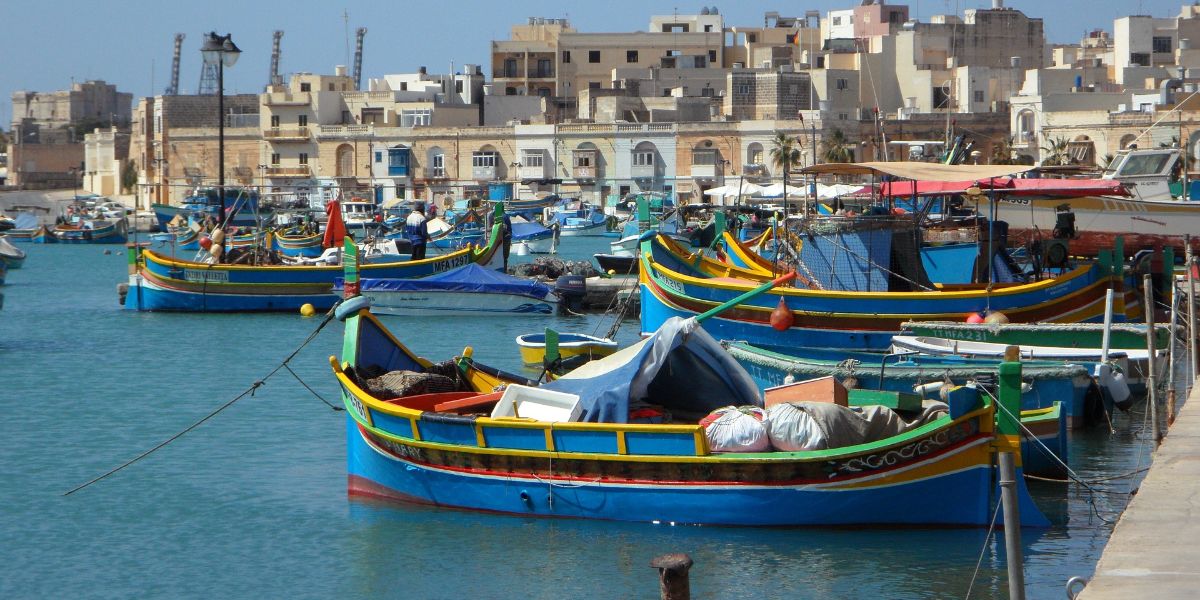On 8 February 2023 the IMF issued a report following discussions with Malta under Article IV of the IMF’s articles of agreement.
The economy has recovered from the recession caused by the pandemic with output growing by 11.75% in 2021. Further economic expansion continued in the first three quarters of 2022, with strong private consumption and net exports, and growth is projected to reach 6.5% in 2022.
In 2023 economic growth is projected to slow to 3.25% due to lower domestic demand and weaker external demand from European countries. The indirect impact of the Ukraine war is also affecting Malta’s economy. There is high uncertainty in the outlook with downside risks from a deeper recession in Europe, higher inflation and risks from money laundering and terrorist financing. However if commodity prices are higher than expected this could increase economic growth.
Malta needs to do more to ensure fiscal consolidation in the medium term, because public debt could rise above 60% of GDP if growth is slower than expected. Further measures are therefore required to mobilize revenues and increase spending efficiency in the medium term.
The government should reform the taxation of multinational enterprises in line with Pillar Two of the global corporate tax reform agreed by the OECD’s Inclusive Framework. Broader reforms should be implemented to the tax system and the revenue administration to simplify and improve the efficiency of the tax system, reducing compliance costs and protecting tax revenue.
Government spending could be further rationalised and improvements made to the efficiency of public investment, including green investment. In view of the long-term demographic trends the government should plan pension-related reforms, including the promotion of voluntary occupational pensions and personal pensions.
Efforts should be made to strengthen the anti-money laundering/combating the financing of terrorism (AML/CFT) framework and make it sustainable in the long term. Sanctions under the regime should be effectively implemented. The national AML/CFT strategy for the years 2021 to 2023 should be implemented, in addition to the national risk assessment (NRA) exercise to identify existing and emerging risks. Coordination and supervision should be increased to mitigate the risks and to monitor high-risk sectors such as virtual financial assets, gaming, and the sectors associated with the Citizenship by Investment program.
Further measures will be required, in addition to those in the Recovery and Resilience Plan, to address structural challenges. Malta needs to address labour skill mismatches, enhance vocational training, promote research and innovation, and encourage progress in the digital transformation of small and medium enterprises (SMEs). Incentives could be given to workers to delay retirement and flexible working could be used to tackle the structural labour shortages.














